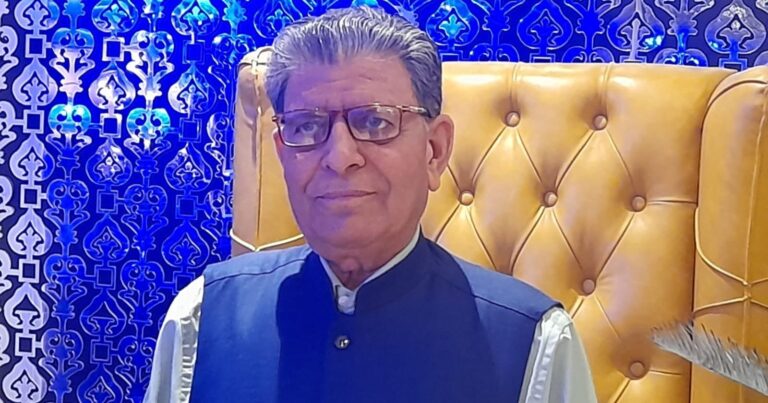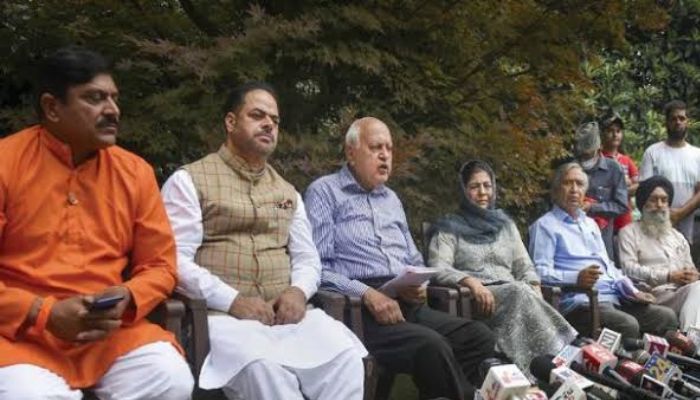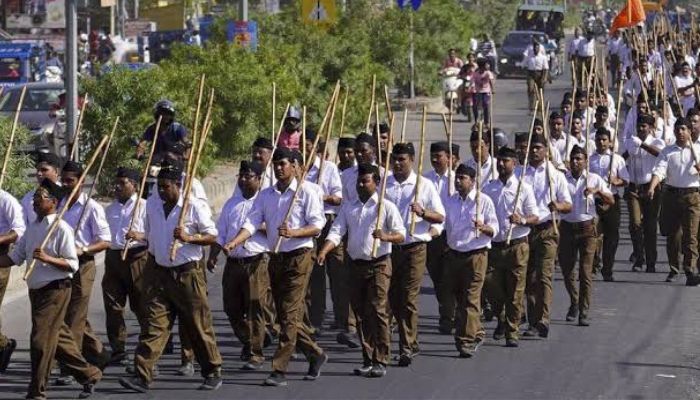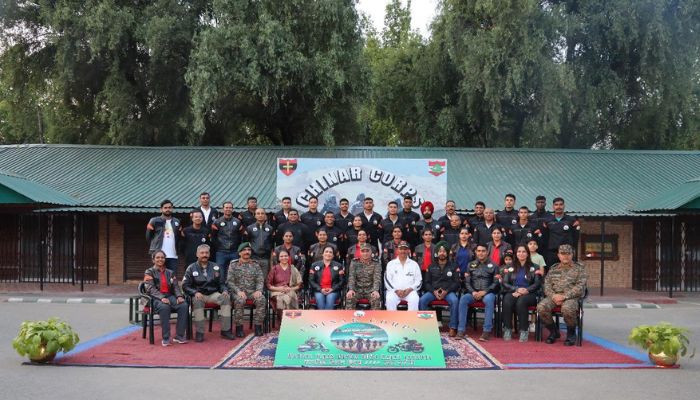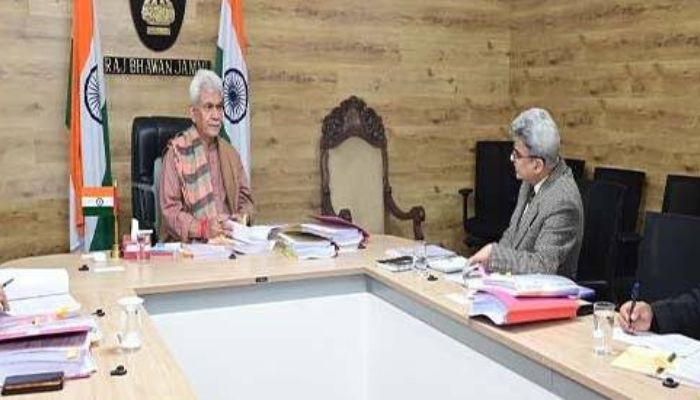Jammu : As the dust settles on the 2024 parliamentary elections, a wave of disappointment and frustration seems to be sweeping across certain sections of the electorate. The discontent is palpable, particularly among those who are directing their ire towards Prime Minister Narendra Modi and his party for falling short of the halfway mark required to form the government. However, this disillusionment might be misplaced, and it calls for a deeper introspection among the electorate about the choices they made and the broader implications of their actions.
Prime Minister Narendra Modi has undeniably been a transformative figure in Indian politics. His tenure, spanning a decade, has been marked by a series of landmark initiatives aimed at propelling India towards unprecedented growth and development. The Modi government has implemented numerous policies that have had far-reaching impacts on the socio-economic fabric of the nation. From the introduction of the Goods and Services Tax (GST) to streamline the tax system, to the ambitious Make in India campaign aimed at boosting domestic manufacturing, Modi’s administration has strived to lay the foundation for a robust and self-reliant economy.
Under Modi’s leadership, India witnessed significant improvements in various global rankings, reflecting enhanced governance, economic stability, and ease of doing business. His foreign policy maneuvers have elevated India’s status on the global stage, fostering stronger international partnerships and enhancing national security. The Swachh Bharat Abhiyan, Digital India initiative, and Ayushman Bharat health scheme are just a few examples of the transformative projects that have touched the lives of millions, particularly the underprivileged.
Given these achievements, it is crucial to understand the factors that might have contributed to the electoral outcome that has left Modi’s supporters disheartened. While it is easy to cast blame on the leadership, it is equally important to recognize the role of the electorate in shaping the political landscape. Elections are the cornerstone of a democracy, and the power to elect a government lies with the people. The outcome of an election is a direct reflection of the collective will and participation of the voters
The shortfall in reaching the halfway mark can be attributed to various factors, including voter apathy, complacency, and the fragmented nature of opposition parties. In many constituencies, voter turnout might not have been as robust as required, diluting the strength of Modi’s support base. This lack of participation can be seen as a form of self-sabotage by the very individuals who now express regret and frustration.
Moreover, the electorate’s failure to rally in full strength behind Modi’s vision and leadership speaks volumes about the underlying dynamics at play. The spread of misinformation, disillusionment with certain policy outcomes, and the strategic coalitions formed by opposition parties have all played a role in shaping the electoral verdict. It is essential for voters to critically evaluate how their decisions, or lack thereof, have contributed to the current scenario.
Cursing Modi for the electoral shortfall is, in essence, an act of cursing oneself. It reflects a failure to appreciate the monumental efforts undertaken over the past decade to steer the nation towards progress and prosperity. The onus lies on the electorate to recognize the outstanding work done by Modi’s government and to ensure that their voting behavior aligns with their aspirations for the country’s future.
Moving forward, it is imperative for the disenchanted supporters to channel their energy towards constructive engagement rather than blame. This means participating actively in the political process, staying informed about policy developments, and encouraging broader voter participation. Constructive criticism and engagement with the political system are vital for a healthy democracy, but this must be accompanied by a sense of responsibility and accountability.
In conclusion, the outcome of the 2024 parliamentary elections should serve as a moment of reflection for the electorate. The frustrations directed at Prime Minister Modi should prompt an inward look at how voter behavior and participation have shaped the political landscape. Recognizing the achievements of the past decade and the factors leading to the current political scenario can pave the way for a more informed and proactive electorate. Ultimately, the power to shape the nation’s destiny lies in the hands of the people, and it is through their collective will and actions that true progress can be achieved.CNI
[ Kundan Kashmiri]
Political Analyst & President Kashmiri Pandit Conference ( KPC)
kundankashmiri@gmail.com .
Mobile No 880 2167955
